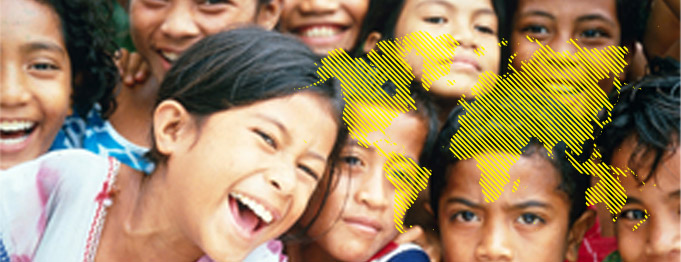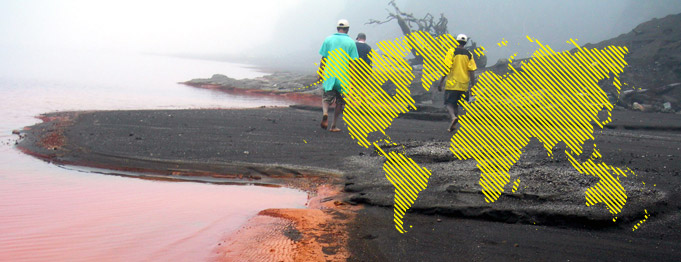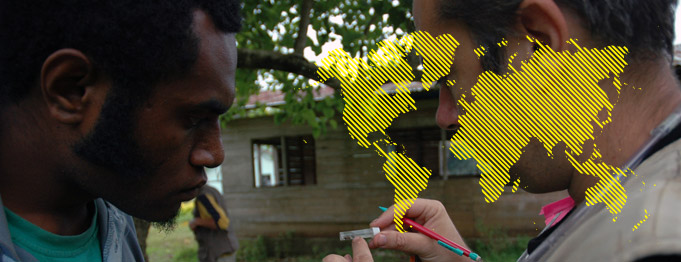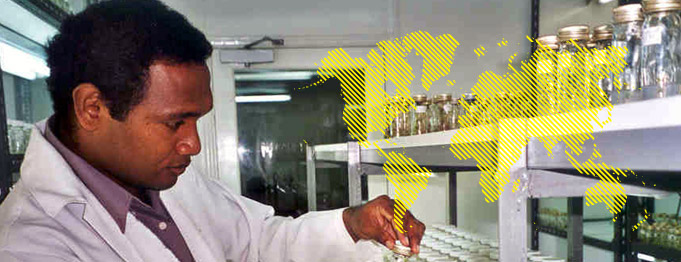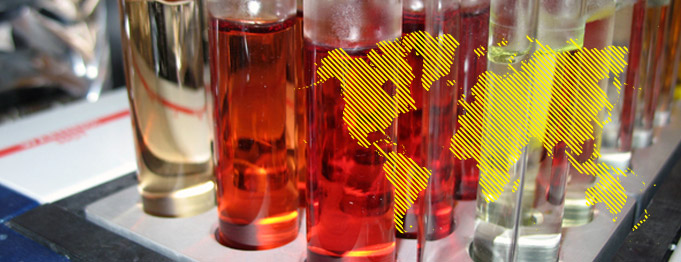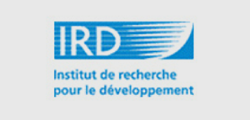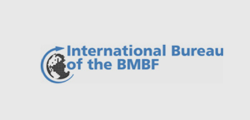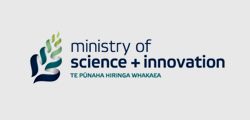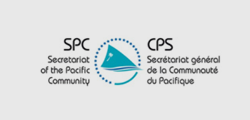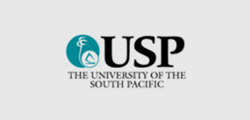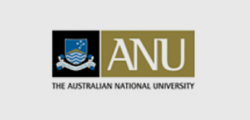Health (biology and medicine)
The Insular Pacific countries and territories are highly vulnerability to communicable and non-communicable diseases. Being at various stages of the “health transition” – the period during which the major causes of ill health and death change from being communicable diseases to non communicable diseases – they face a double burden of disease: communicable diseases (tuberculosis, malaria, epidemic diseases, STIs and high rates of HIV in PNG) and non communicable diseases (diabetes and heart disease). Last but not least, environmental and mental health, are increasingly acknowledged as a significant public health challenge for the region. However, In fact, infectious diseases do not respect borders and can spread worldwide! However, treatments and cures can be universal. One of the world’s centres of marine biological diversity, the Pacific has immense potential for human health in terms of biotechnology for example… HEALTH is a political priority for most countries in the world; industrialised, emerging economies and low income countries.
European-funded health research will focus in FP7 on:
Biotechnology, generic tools and medical technologies for human health
High-throughput research
Detection, diagnosis and monitoring
Prediction of suitability, safety and efficacy of therapies
Innovative therapeutic approaches and intervention
Translating research for human health
Integration of biological data and processes
Research on the brain and related diseases, human development and ageing
Translational research in infectious diseases (HIV/AIDS, malaria, tuberculosis, SARS, avian influenza)
Translational research in major diseases: cancer, cardiovascular disease, diabetes/obesity, rare diseases, other chronic diseases including rheumatoid diseases, arthritis and muscoskeletal diseases
Read more on the FP7 Health programme: http://ec.europa.eu/research/fp7/index_en.cfm?pg=health

